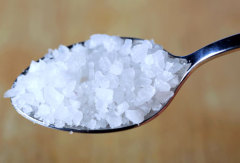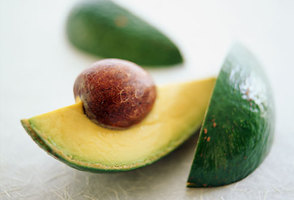Lifestyle
Wake Up To A New Diet
Obesity has shown an alarming increase in the in recent years - with unhealthy eating habits and lifestyle factors the main cause. The Department of Health has called it a "wake up call" and is working with manufacturers to reduce fat, sugar and salt in food and drink, to help reduce life-threatening diseases such as heart disease, some cancers and type 2 diabetes which are all associated with obesity. UK research also confirms concerns over bigger portion sizes in calorie-rich processed foods like take-aways, fast foods, snacks, confectionary and sugar sweetened drinks.
Most of us eat too much saturated fat and added sugars. Saturated fat is found in pastries, butter, and cakes. On average we consume about 20% more than the recommended daily amounts – which are no more than 30 grams a day for a man and no more than 20 grams a day for a woman. Get used to checking nutrition labels – they will often tell you how much fat and salt is in your choice, with some highlighting the amount of saturated fat, or sugar, too.
Hypertension and Salt
Salt can raise blood pressure by causing the body to retain fluid, which leads to a greater burden on the heart. Government advice is that adults should consume no more than 6g of salt a day - around one full teaspoon. You'll need to check food labels and menus carefully. Processed foods contribute up to 75% of our salt intake.
Control Your Portions
Prophet Muhammad (pbuh) has taught us that we should fill our stomachs with 1/3 for food, 1/3 for drink and leave 1/3 for our breathing.
Prophet (pbuh) said: "No human ever filled a vessel worse than the stomach. Sufficient for any son of Adam are some morsels to keep his back straight. But if it must be, then one third for his food, one third for his drink and one third for his breath."
[Ahmad, At-Tirmidhi, An-Nasaa’I, Ibn Majah – Hadith sahih]















